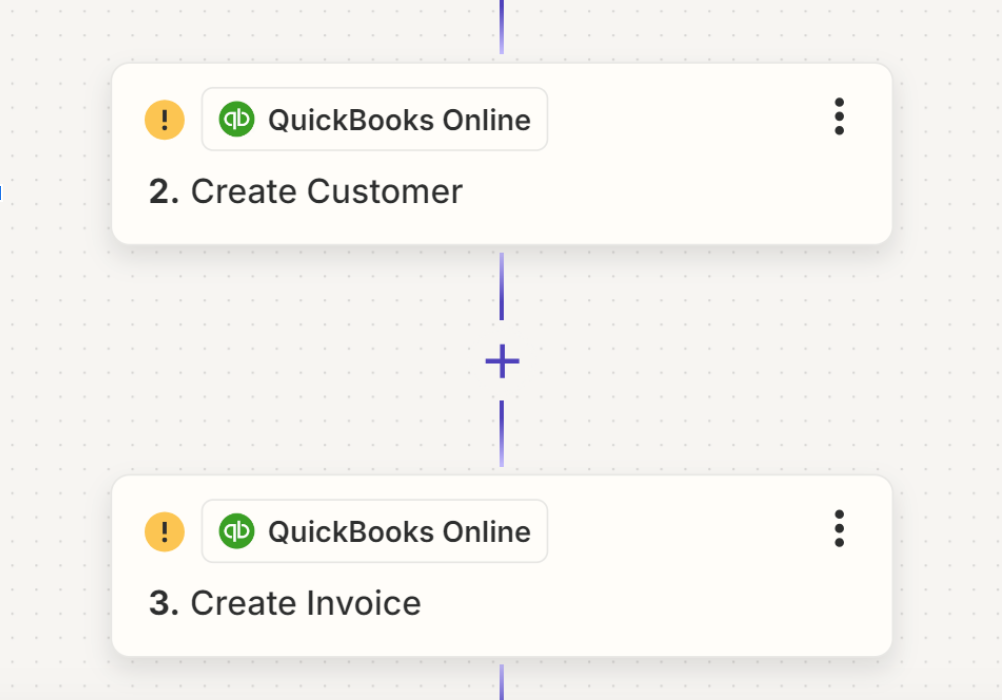What is Reconciliation in Accounting?
Running a business can be exciting. However, there are some parts of it that may be a bit tedious and time consuming. Accounting reconciliation is one example. Since even one error in your accounting books can lead to inaccurate financial statements, poor cash flow management, and even an IRS audit, this process is important. Here’s everything you need to know about accounting reconciliation.
Also known as account reconciliation, accounting reconciliation is when you compare the numbers in an account with another financial record to confirm the balances match. The main goal of reconciliation in accounting is to catch errors in your journal entries and general ledger before they become serious problems. If you find that account balances don’t match, you’ll need to make some changes.
You may think of account reconciliation as proofreading for accounting. So what can you compare an account to? This depends on the account type and the nature of your business. You might compare an account to your credit card statements, bank statements, receipts, or similar records.
What Creates Reconciliation Discrepancies?
There are a number of reasons you my come across balances that don’t match, such as:
Mistakes
We’re all human beings that make mistakes so you should expect them from time to time. An employee in the finance department may have manually entered the amount incorrectly, for example. Or the bank might have made a mistake that is outside of your control. By reconciling accounts, you can catch these mistakes early on.
Missing Data
In a perfect world, every transaction would get entered. However, this is unlikely as transactions may fall through the cracks and cause discrepancies. Account reconciliation can prevent issues related to missing data.
Timing Differences
Most deposits don’t appear automatically. If you make a deposit, it might take a few days for it to show up in your bank account. This timing difference can lead to mismatching balances.
Fraud
Unfortunately, fraud is more common today than ever before. The good news is routine account reconciliation can help you pinpoint fraud right off the bat, before it turns into a more significant issue.
Types of Reconciliation
There are different types of account reconciliation your business may perform, including:
Bank Reconciliation
Bank reconciliation is the most common type of reconciliation that allows you to double check your bookkeeping. It's where you compare your internal bank transaction values with bank statements. It can help you evaluate how you’re doing from a cash flow standpoint. Let’s say you’re ABC Business and recorded an ending balance of $250,000. If your bank statement shows an ending balance of $300,000, you have a discrepancy and some investigating to do.
Payroll Reconciliation
Payroll reconciliation is when you verify your payroll register with the amount you plan to pay out to your employees. If you have employees, it will ensure you pay them correctly so you can avoid issues such as upset employees and potential fines and penalties. You’re familiar with your payroll so if your last payroll run was $6,000 and it’s a $10,000 pay period, there’s likely an issue.
Clearing Account Reconciliation
Also known as a wash account or cash clearing account, a cash clearing account is an account you use to transfer money from one account to another account when you can’t move the funds directly. It’s best to reconcile these accounts automatically rather than manually.
Vendor Reconciliation
If your business works with vendors, vendor reconciliation is important. It lets you compare vendor invoices with your actual expenses. Through vendor reconciliation, you can streamline invoice processing, avoid payment errors, improve invoice tracking, and faster reporting and auditing.
Customer Reconciliation
Does your business offer credit terms to your customers? If so, customer reconciliation is essential. It compares outstanding customer balances or bills to the entered account receivable in your general ledger. In most cases, customer reconciliation is performed at the month-end before monthly financial statements are issued.
Inter-company Reconciliation
Depending on the setup of your business, intercompany reconciliation may be important. It verifies transactions that occur between two units or subsidiaries of the same parent company. One company's debt should match the credit in another.
Goals of Accounting Reconciliation
There are many reasons your business should reconcile accounts. By doing so, you can reduce the risk of overspending, stop fraud, and create accurate
financial statements. With flawed financial statements, which are supposed to show your profits and losses, assets and liabilities, cash flow, and other aspects of your financial health, you may have trouble making smart, data driven decisions, and securing financing.
How Often Should You Reconcile Accounts?
You can choose how often you’d like to reconcile your accounts as there is no hard and fast rule. However, it’s in your best interest to do so on a regular basis. This may be daily, monthly, semiannually, or annually. It’s up to you and what you believe makes the most sense for your particular business. If you don’t have the time or internal resources to commit to accounting reconciliation,
outsourcing may be worthwhile.
Other Blogs Related to Small Business Accounting






